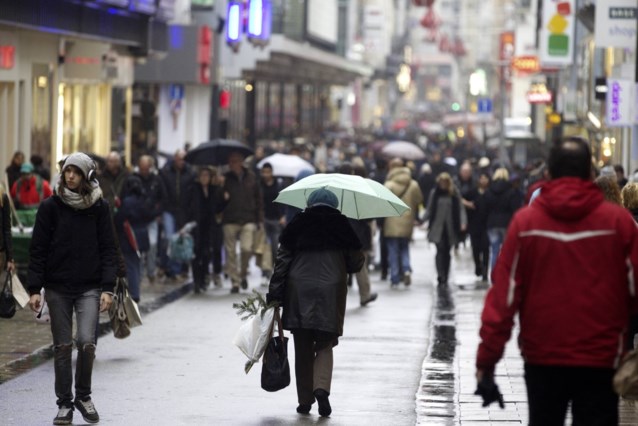Only 5.5% of Belgians have developed antibodies against the new coronavirus, according to the fourth and latest large serological study by scientists at the University of Antwerp, the VRT and De Standaard reported on Wednesday.
The presence of antibodies in the blood indicates that a person has been infected with the new coronavirus (Covid-19). If antibodies for a virus stay in the body, the person becomes immune to that virus. In the previous survey, nearly 7% of the population was protected.
For the latest study, scientists analysed blood samples from 2,960 people. The samples were taken between 8 and 13 June.
Related News
- Coronavirus immunity ‘probably significantly higher’ than tests suggested
- Coronavirus: 500 doctors call for respect for Belgian safety measures
The last three investigations date from before and during the lockdown that went into effect in mid-March. The first indicated that 3% of Belgians had antibodies, the second 6% and the third almost 7%. With only 5.5% in the fourth survey, the upward trend is broken.
“We had not expected that drop,” said professor Pierre Van Damme, who is leading the research, “because the virus is not gone yet and, what’s more, people have started to behave more freely since the relaxation of the lockdown.”
“We assumed we would find antibodies in at least as many blood samples this time. But that is not the case,” he remarked.
"In a previous survey, it had already appeared that in some people the antibodies decreased after one or two months,” Van Damme said. “So it's possible that in the samples we've studied here, the antibodies disappeared from the blood, even though the people had been infected."
The second explanation is that people are doing a good job of following the measures well, in other words washing their hands and keeping their distance, even as the country is phasing out of confinement.
Scientists were hoping for so-called group immunity, which entails that the more people have antibodies, the fewer will become infected and the faster the disease will disappear. “The antibodies that we see unfortunately only prove that the person has recently been in contact with the coronavirus,” Van Damme said. “They do not make us immune. Maybe there are other cells in our body that do, like killer T cells. But we know too little about that at this point.”
Recent research by a Swedish university in fact recently suggested that “roughly twice as many people have developed T-cell immunity compared with those who we can detect antibodies in,” though “larger and more longitudinal studies must now be done on both T cells and antibodies to understand how long-lasting the immunity is.”
Jason Spinks
The Brussels Times

